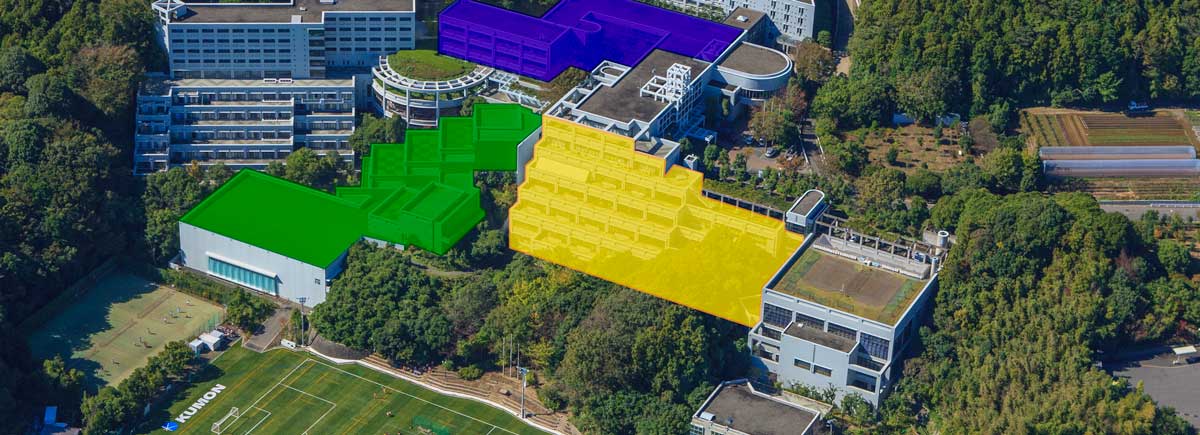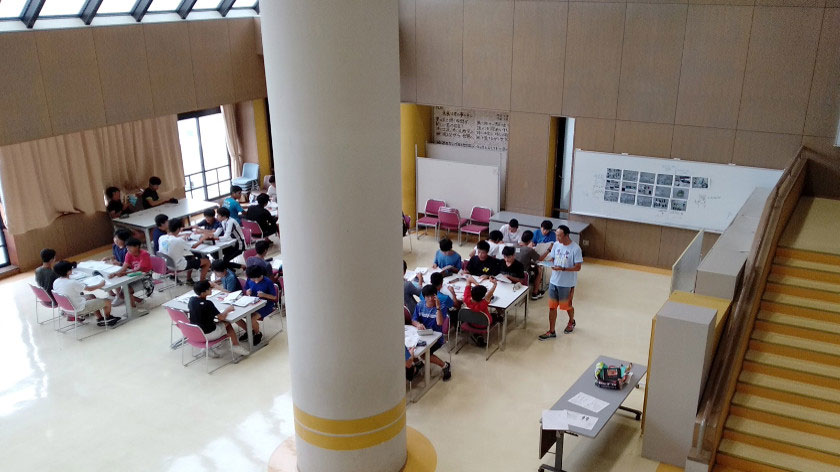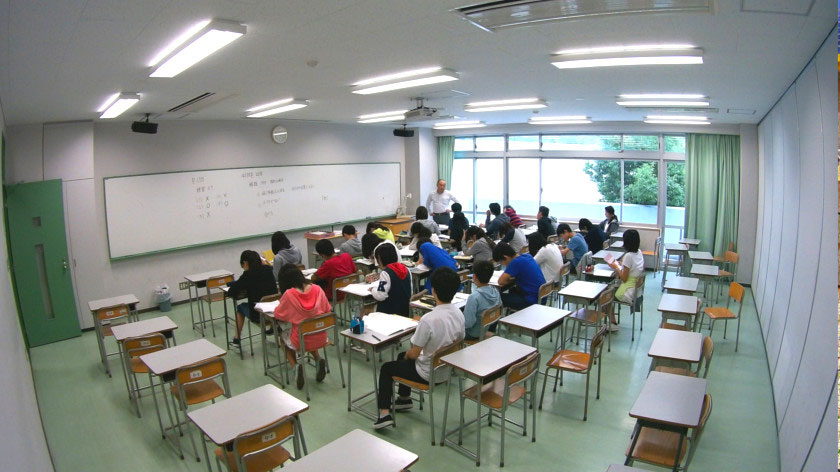Yellow Zone: Grades 7–8
The “Foundation Phase,” which establishes the basis for learning and daily life, is represented by the color Yellow.
“Foundation Phase” aims to acquire daily and study habits and promote cooperation with peers. We implement a 20-minute morning study session every day to establish a disciplined lifestyle and reinforce effective study habits. Additionally, to develop strong communication skills and a spirit of autonomy and independence, Grade 7 day students can participate in a four-month dormitory experience program. This period focuses on building the foundation of personal growth through various experiences.



